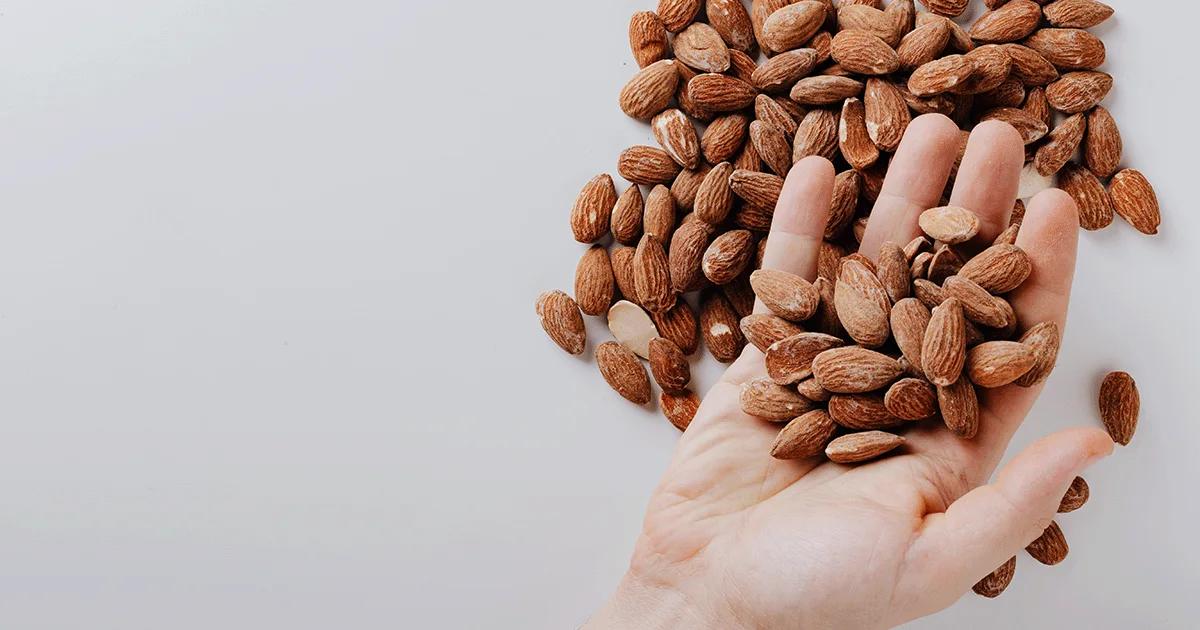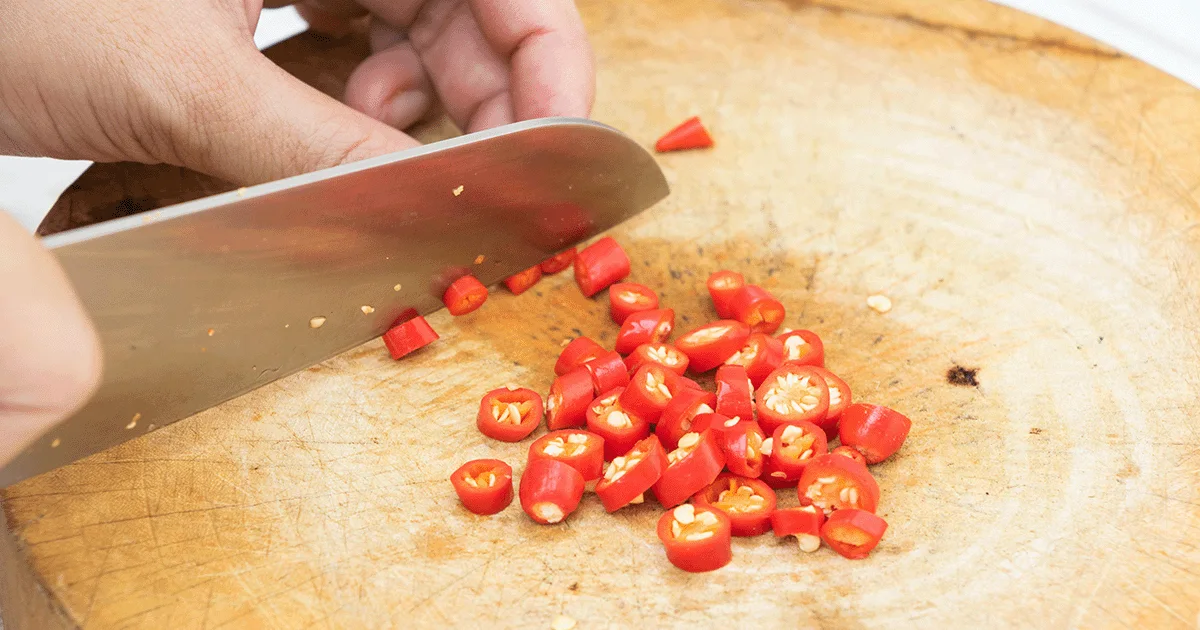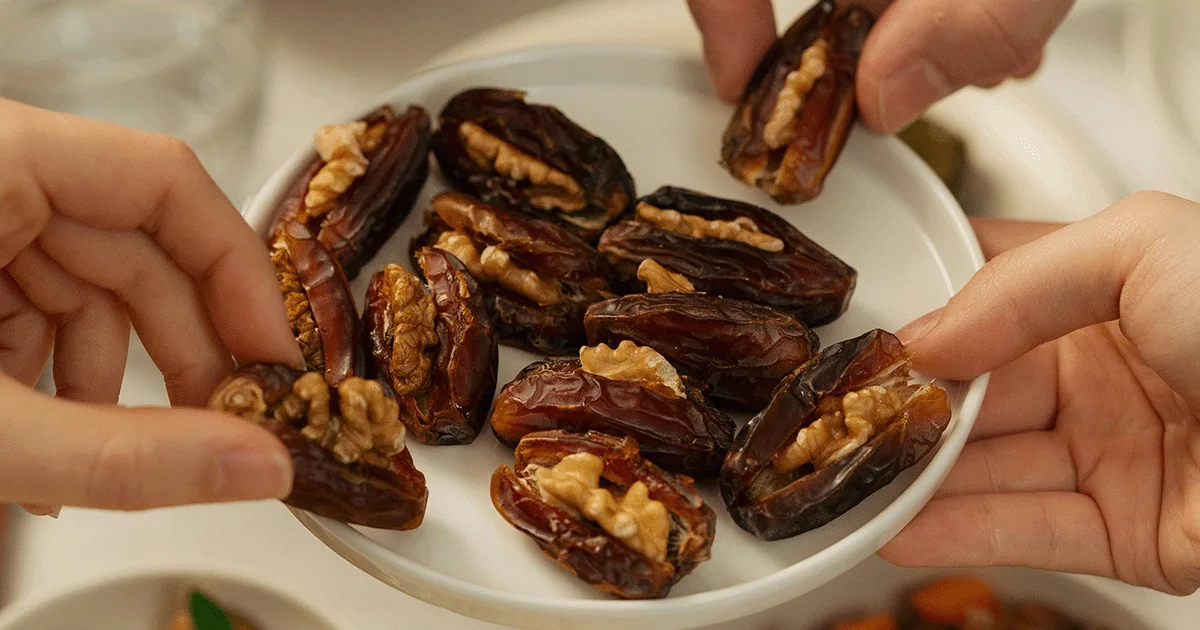Here's what we'll cover
Here's what we'll cover
If you have a vagina, chances are you’ve queefed during any number of activities––in a yoga class during downward dog, while exercising, using a tampon, during sex, or while using a sex toy.
A queef––or vaginal flatulence, vaginal gas, vagina fart, vaginal noise, or vaginal flatus––happens when the vaginal muscles naturally contract, causing the vagina to expel a trapped pocket of air, making a noise that sounds like a fart. But since the sound is coming from trapped air rather than gases made inside your body, a typical vaginal fart is odorless (Allahdin, 2011).
But is queefing normal? And can you do anything about it? Keep reading to find out.
Is queefing normal?
Yes, absolutely. A queef that does not have any odor is completely normal and isn’t anything to be embarrassed about. It happens (Allahdin, 2011). While queefing is usually caused by trapped air with no underlying issues, there are a few warning signs that could indicate a bigger problem, though this is rare. We’ll talk about those in a moment.
What causes queefing?
Again, many things can cause air to be trapped in the vagina, and most are nothing to worry about. The causes of queefing include (Neels, 2020):
Sex: The most common cause of queefing is sex, either during the act or right after. Certain sex positions like doggy style can cause more queefing during sex than others, but everyone’s body is different. If you’re embarrassed, laugh it off and know that it’s not a big deal and is a totally normal part of having a sex life if you have a vagina. (Remember, feeling comfortable with your partner is an important part of sexual health.)
Inserting anything into the vagina: This includes sex toys, tampons, menstrual cups, fingers, and even the speculum used during a gynecology visit.
Exercise: Moving your body, especially during stretching or lifting something heavy, can cause air to become trapped in your vagina, leading to a queef.
Pregnancy or menopause: In some cases, changes that happen during pregnancy or menopause can cause more frequent queefing (Veisi, 2012).
Prolapse: While some may claim that a vaginal prolapse can make a person more prone to queefing, the evidence is severely lacking—so while kegels won't hurt you, they probably won't prevent queefing, either.
In very rare cases, a queef could be a symptom of a health problem called a vaginal fistula. A fistula is an abnormal pathway that connects two organs that don’t usually connect.
A rectovaginal fistula, though very rare, can make queefs smell. This is because a rectovaginal fistula connects the vagina and the rectum, the lower part of your intestines that holds stool. The same can happen with an anovaginal fistula, in which a pathway forms between the vagina and anus.
Again, it’s rare, but rectovaginal and anovaginal fistulas can be a complication of inflammatory bowel disease, bowel obstruction, surgery, trauma to the area, infection, pregnancy, radiation to the area, or cancer (Knuttinen, 2018; Tuma, 2021).
See a healthcare provider if your queefs smell like stool or if you notice unusual vaginal discharge (Knuttinen, 2018; Tuma, 2021).
Can you prevent queefing?
There are a few things you can do to try to prevent air bubbles from getting trapped in the vaginal canal and therefore avoid queefing.
Using lube during sex, experimenting with certain sex positions, and avoiding certain workouts may prevent queefs, but in the end, there isn’t a ton you can do to prevent them since they're a completely normal bodily function. Your best bet is to understand that they’re normal and work on normalizing their occurrence, especially during sex (Neels, 2020).
When to see a healthcare provider
If your queefs smell like stool or if you have unusual vaginal discharge, reach out to your healthcare provider to see if the queefing is due to a vaginal fistula (which, again, is very rare). They will work with you to treat the underlying problem and heal the fistula (Tuma, 2021).
But, in most cases, as we’ve shared above, the best thing you can do is understand that, if you have a vagina, queefing is normal—and it’s nothing to be ashamed about.
DISCLAIMER
If you have any medical questions or concerns, please talk to your healthcare provider. The articles on Health Guide are underpinned by peer-reviewed research and information drawn from medical societies and governmental agencies. However, they are not a substitute for professional medical advice, diagnosis, or treatment.
Allahdin, S. (2011). Flatus vaginalis a distressing symptom. International Journal of Colorectal Disease , 26 (11), 1493-1493. doi: 10.1007/s00384-011-1143-6. Retrieved from https://link.springer.com/article/10.1007/s00384-011-1143-6
Knuttinen, M., Yi, J., Magtibay, P., Miller, C., Alzubaidi, S., Naidu, S., Oklu, R., Kriegshauser, J., & Mar, W. (2018). Colorectal-vaginal fistulas: Imaging and novel interventional treatment modalities. Journal of Clinical Medicine , 7 (4), 87. doi: 10.3390/jcm7040087. Retrieved from https://www.ncbi.nlm.nih.gov/pmc/articles/PMC5920461/
Neels, H., Pacquée, S., Shek, K., Gillor, M., Caudwell-Hall, J., & Dietz, H. P. (2020). Is vaginal flatus related to pelvic floor functional anatomy? International Urogynecology Journal , 31 (12), 2551-2555. doi: 10.1007/s00192-020-04371-9. Retrieved from https://link.springer.com/article/10.1007/s00192-020-04371-9
Tuma, F., McKeown, D.G. & Al-Wahab, Z. (2021). Rectovaginal Fistula. [Updated Oct 30, 2021]. In: StatPearls [Internet]. Retrieved from https://www.ncbi.nlm.nih.gov/books/NBK535350/
Veisi, F., Rezavand, N., Zangeneh, M., Malekkhosravi, S., & Rezaei, M. (2012). Vaginal flatus and the associated risk factors in Iranian women: A main research article. ISRN Obstetrics and Gynecology , 2012 , 1-5. doi: 10.5402/2012/802648. Retrieved from https://www.ncbi.nlm.nih.gov/pmc/articles/PMC3363981/












